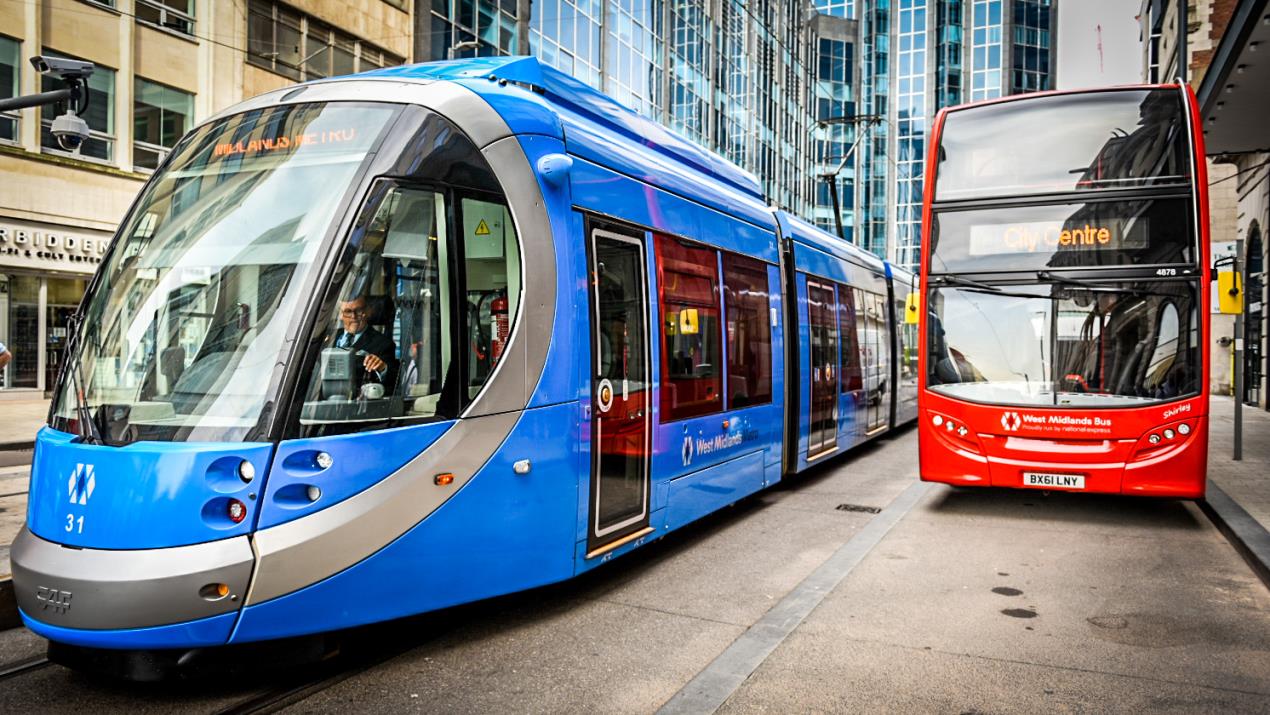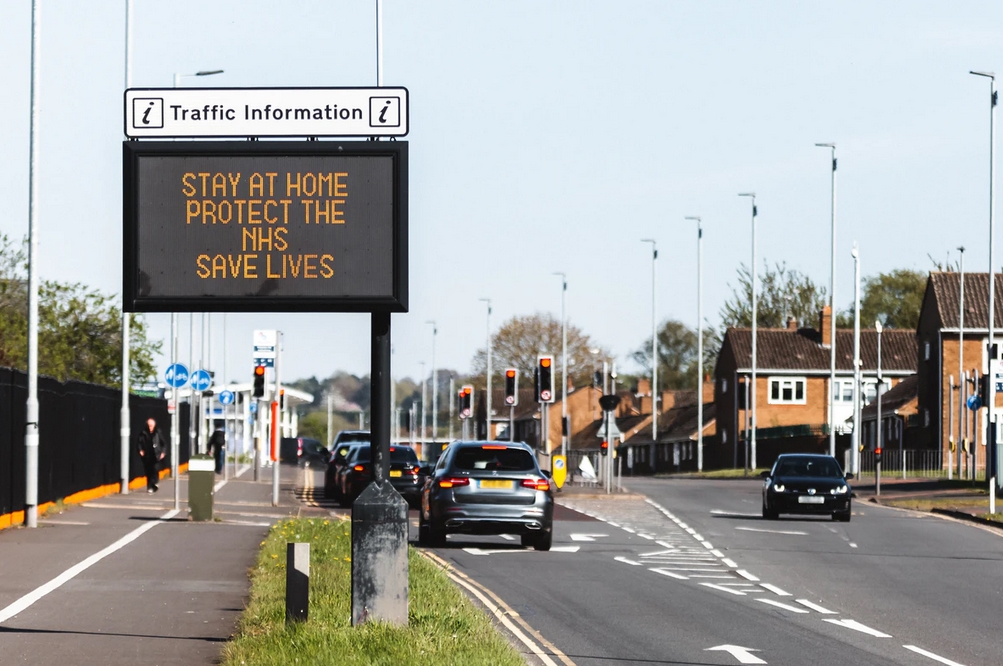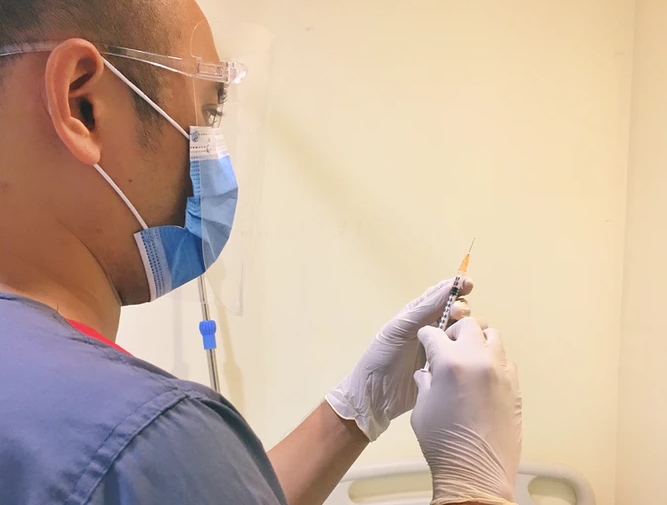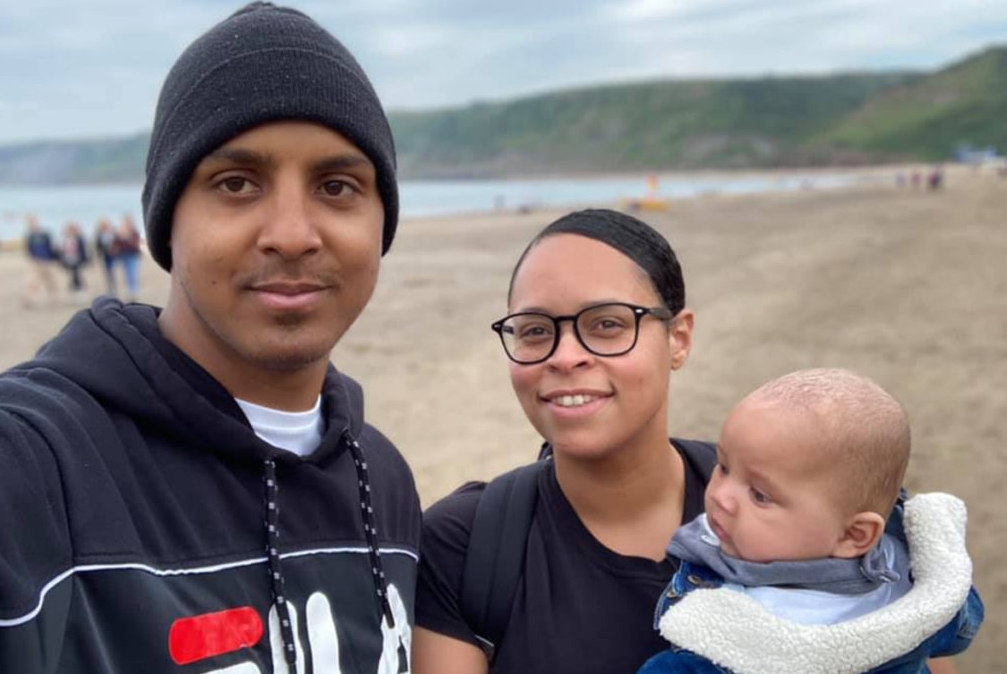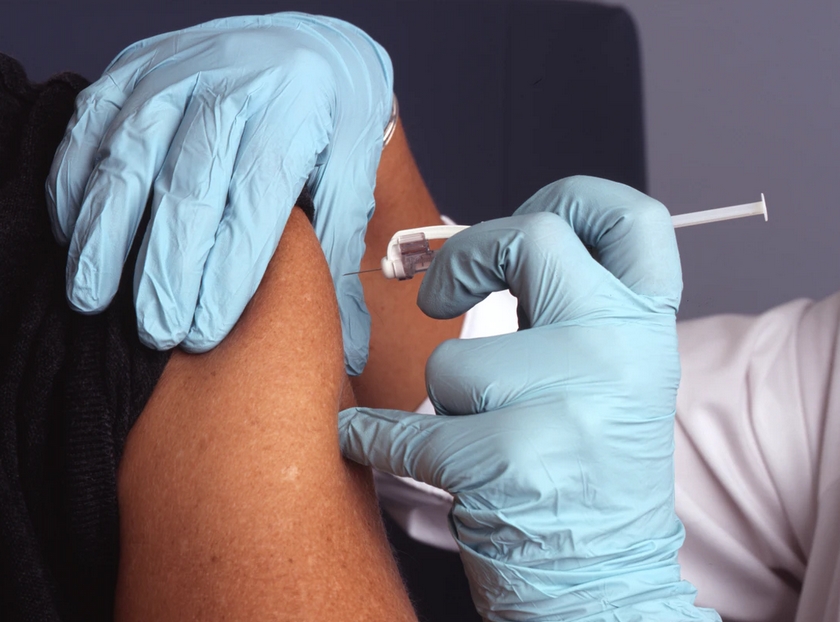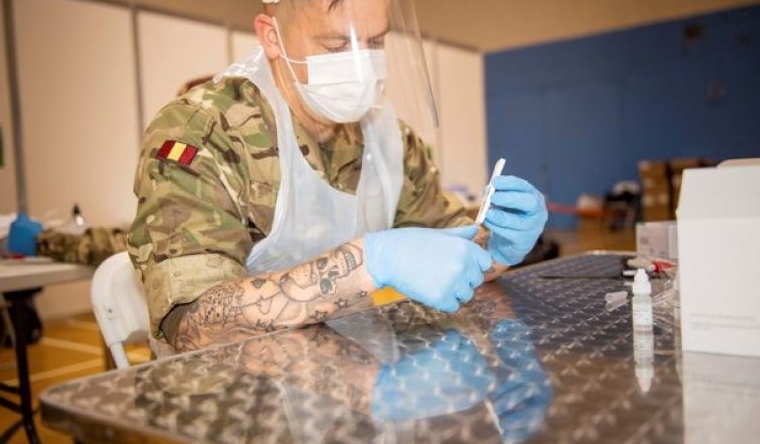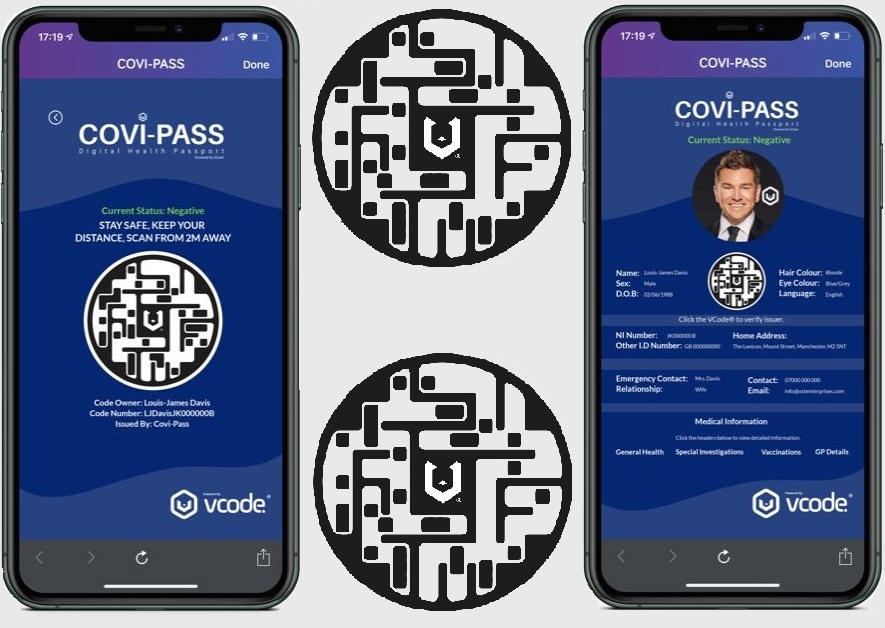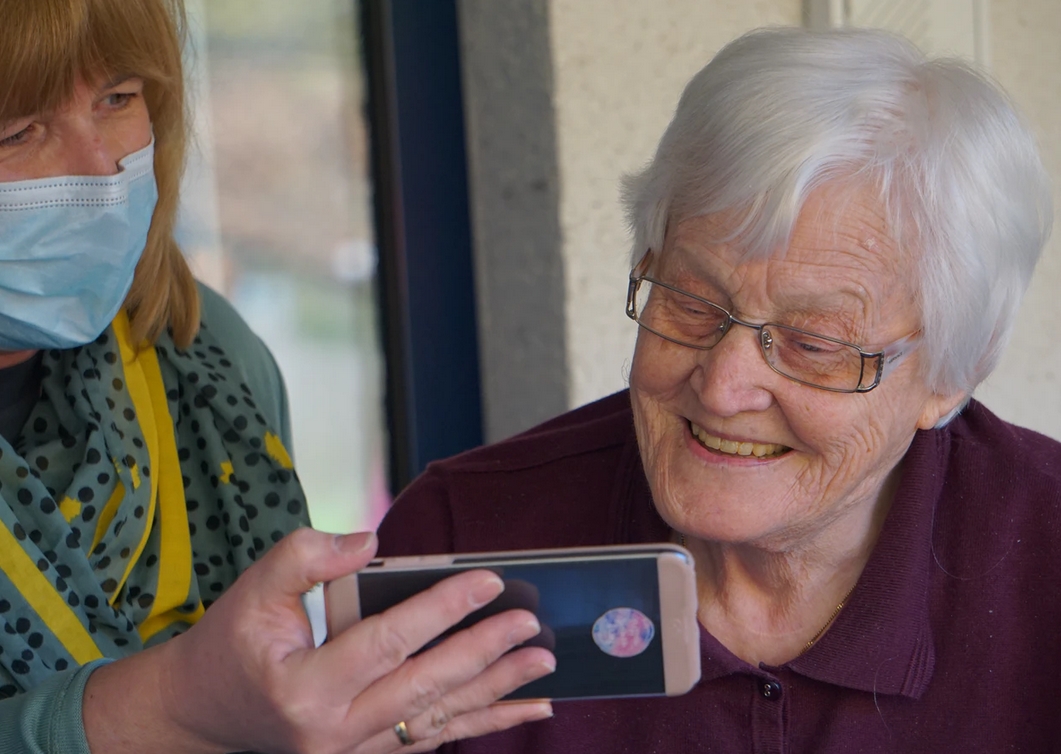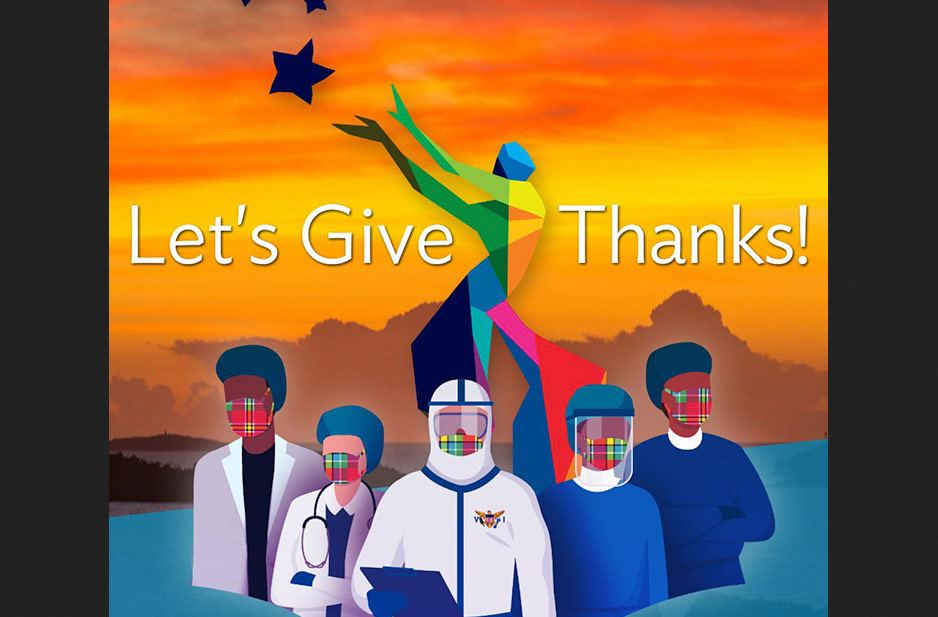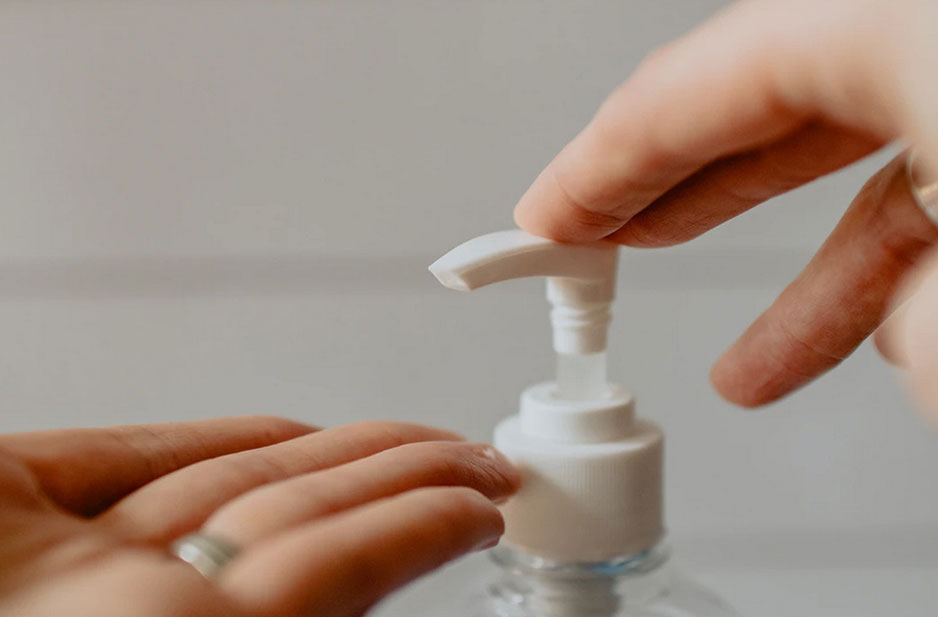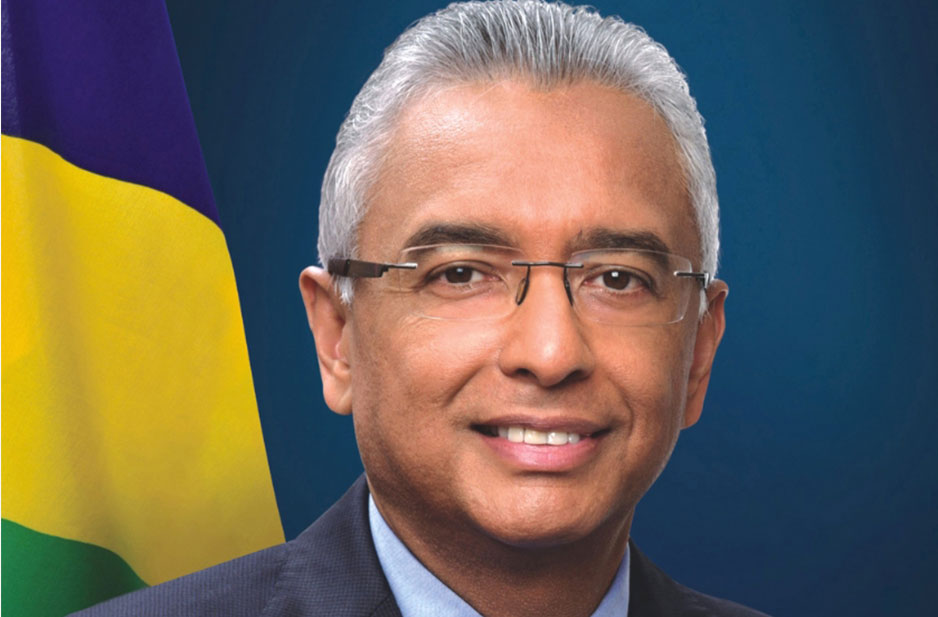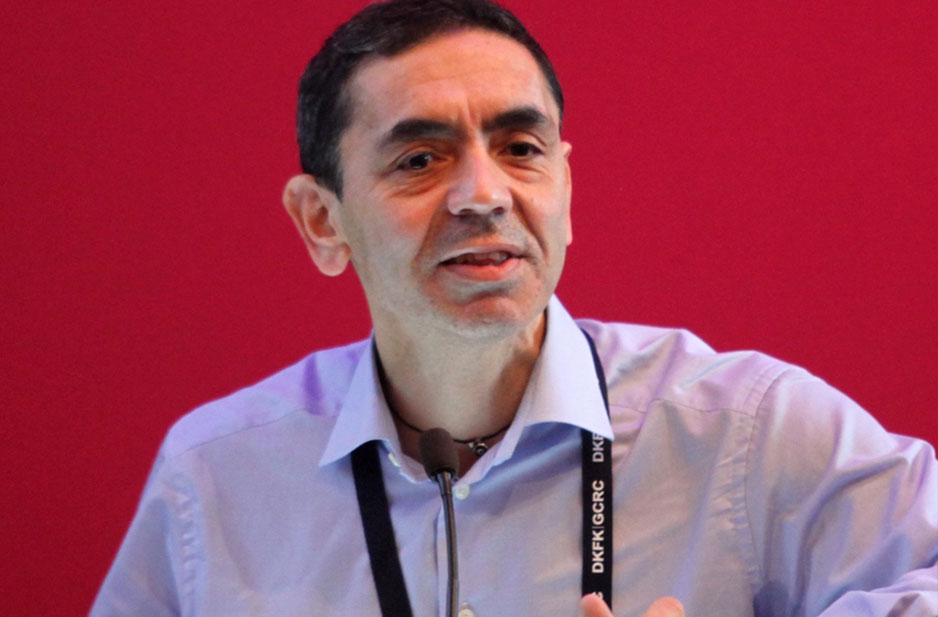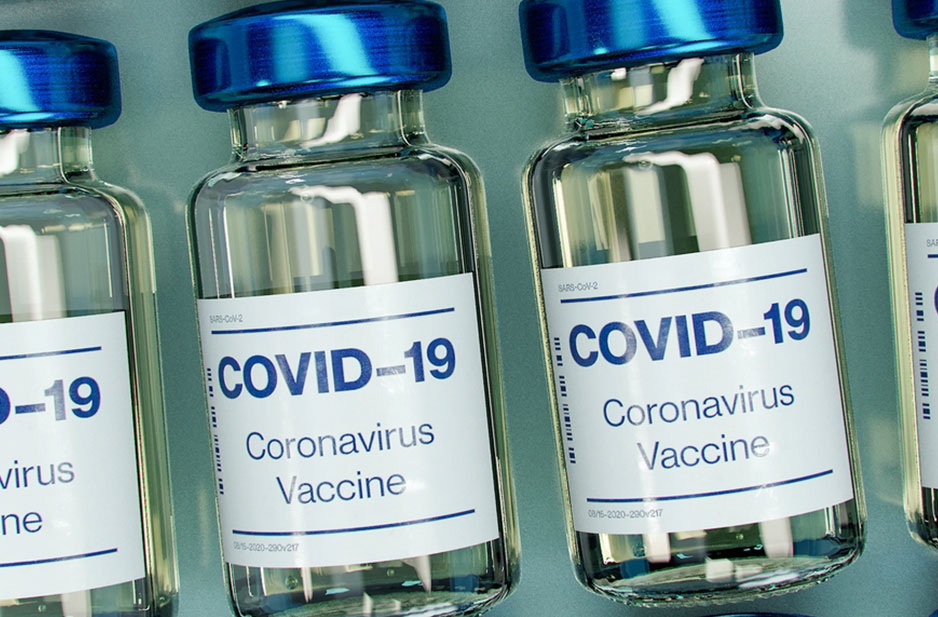British technology company VST Enterprises has today confirmed it has developed the world’s first secure 5 In 1 digital health passport and wallet. V-Health Passport is a crucial ‘safe technology enabler’ in reviving global economies, home lives and helping Governments, business and industry to start returning to work and normality.
The cross border, cross corporation V-Health Passport can be used by international Governments, consumers and companies to authenticate a person’s true identity, their Covid test results and vaccinations. This ‘enabler’ allows them to prove their test and/or vaccination status. Uniquely the V-Health Passport has its own contact tracing capability using anonymised data, whilst also protecting citizen’s data and privacy with a concept in the vein of ‘self-sovereign identity’.
Manchester headquartered VSTE have innovated the V-Health Passport to be the most secure digital health passport and wallet in the world, but at the same time multi-functional and future proof to deal with all future pandemics ;
The V-Health Passport has 5 key ‘enabling’ features to its technology:
• Powered by the world’s most secure cyber security coding technology VCode® it is the world’s most secure ‘next generation’ code scanning technology using a closed loop system with end to end encryption and 2.2 Quintillion collision free codes (A VCode® can only exist once due to being encoded from a centralised system).
• V-Health Passport is a test agnostic system so it can record results from all global Covid testing manufacturers and protocols from PCR to rapid antigen and antibody testing.
• V-Health Passport also has its own unique contact tracing capability ‘True Contact™’ built within the technology designed for travel, sports stadiums, venues, factories, offices and construction sites.
• The ultra-secure platform can now also hold vaccination records of all the major vaccination manufacturers which will be crucial in a person validating they have been vaccinated, the vaccine type, batch, dosage and date.
• Uniquely V-Health Passport is the only health wallet and cross border platform in the world that is multi-functional and GDPR compliant. It allows acts like ‘self sovereign identity’, meaning a citizen’s personal data is protected and they choose what they want to share and with whom they want to interact or authorise.
But at the same time tech boss Louis-James Davis - CEO of VST Enterprises warned of the potential dangers and reliance on using QR code scanning technology within any form of health passport for airline travel or entry into a venue or workplace which could lead to potential security breaches of personal data and information.
It follows the hack and breach earlier this year of the former Australian Prime Minister Tony Abbot whose Quantas airline boarding card was hacked and details revealed including his passport number, mobile phone number and Qantas airline messages referring to the former PM.
Louis-James Davis went on to state that both bar codes and QR codes - which represent first and second generation technology - are unsecure and vulnerable to hacking.
“QR codes were originally developed as a scanning technology for close proximity car parts tracking, a world away from Identity and banking use cases and now digital health passports. It was then used to skip the input of websites in marketing and promotional purposes. They were simply never designed with security or privacy in mind… they are simply not fit for purpose and should not be used at all in any form for delivery of sensitive information, travel or event tickets or health passport. QR codes can be subject to a process called ‘Attagging or ‘cloning.’ Louis-James Davis said.
Davis also warned that the public will not tolerate breaches of their personal data and information along with their already existing and heightened concerns over privacy during the pandemic. He continued;
“Attagging is where a ‘genuine QR code’ is replaced by a ‘cloned QR code’ which then redirects the person scanning that code to a similar website where personal data can be intercepted and breached.
“The problem is that serious that in India alone there are over 1 billion fraudulent financial transactions each day using QR codes. As the scanning user journey is the same, it is only tech savvy individuals that may notice the domain name has changed.”
As reported by a recent Forbes Magazine investigation, it is predicted that over 11 Million households in the US alone will scan a QR code this year and the majority of them, some 71% of people who have interacted with a QR code will not know if it is the start of a malicious hack. It is envisaged that over 5.3 Billion QR codes will be redeemed this year making it one of the fastest growing tech scanning interactions and also posing one of the greatest cyber threats.
QR codes can be cloned and redirected to other information points or websites. Often criminals and hackers will exploit this by putting a fake QR code over a genuine QR code. So a QR code for example on scanning would link to the genuine website at: www.similardomain.com but a fake QR code can be made up printed off and placed over the genuine code to redirect to www.similar-domain.com at this point the member of the public is tricked into entering their personal information, private data and financial information. The rogue website looks and feels exactly like the genuine one and is made to mirror it precisely.
VCode which is the ultra-secure digital code which powers the V-Health Passport cannot be cloned. Even if it was printed off, or a photograph was taken and placed over a VCode® or V-Health Passport it simply won’t scan as it works on a call and response system of information between the code and web platform to verify location of the code, user ID and time and date and much more.”
Louis-James Davis said; “We developed and built the V-Health Passport and health wallet to be the most secure technology on the planet that you could use as a health passport where you could combine your test status, vaccination record, boarding pass, airline ticket, music or sports ticket all in one app.
“With V-Health Passport we wanted to provide functionality and greater mobility to allow citizens to return to work, be fit to fly or return to the sports stadiums. But at the heart of the technology was the ability to protect and respect data privacy of the individual.
“The lack of engagement and interaction by the public with Government track and trace app/s over the pandemic was over privacy, security of data and the tracking of a person’s live location. This is why we have built a unique system in the vein of ‘Self Sovereign ID’ with the ethics of privacy & security by design. The V-Health Passport puts the citizen in control in a way which they share information with who, when and where.”
By having a technology health wallet which confirms your Covid test status and your vaccination record/s it then becomes a ‘safe technology enabler’ to assist Governments, companies, consumers and organisations to resume greater mobility and returning life back to normality. But critically this technology will help revive and restore economic prosperity.
V-Health Passport will help employers safely return their employees back to their offices, factories and warehouses. It will facilitate airlines to allow their passengers to be fit to fly and avoid the need for quarantine restrictions. At the same time it will ensure their airline ticket or boarding pass is secure and won’t be hacked.
V-Health Passport will allow sports fans to return to the stadiums at capacity and not at the current socially distanced crowd protocols of 2000 fans. It will help get the hospitality sector back on its feet welcoming customers back. Because of the way V-Health Passport™ is designed - based on interaction and incentive - the hospitality sector can engage with unique offerings and discounts to its customers.
V-Health Passport will help the live music and entertainment sectors resume their concerts and performances in arenas, stadiums and theatres. They will be safe in the knowledge that fans have either been tested or vaccinated and can authenticate their status.
A citizen will be able to share their health pass and confirm their Covid test status, or present their vaccination record. They will also be able to show their credit score, work permit or visa, scan their travel or event pass.
At the heart of each interaction they will have peace of mind that their data and information is highly secure and ultimately, they control who sees what, who scans what, where and when.




